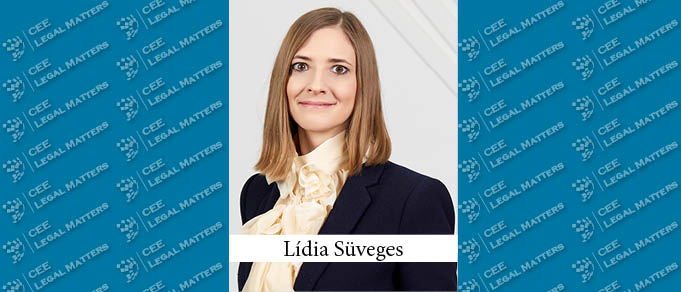A bill on the amendment of certain energy-related laws was submitted to the Hungarian Parliament at the end of October 2024. Among others, the bill would amend the following laws from 1 January 2025: the Mining Act, the District Heating Services Act, the Electricity Act, the Environmental Product Charges Act and the Waste Act.
The amendments to the Electricity Act would make the operation of the electricity system more transparent and efficient, enable network licensees to perform certain mandatory tasks more easily and efficiently, increase the predictability of medium and high voltage capacity and ensure that investors can benefit from a transparent procedure while policy objectives are met, and ensure greater compliance with EU requirements.
The amendment to the Environmental Product Charges Act aims to reduce the double administrative burden on the products subject to both the product charge system and the extended producer responsibility system by narrowing the scope of products subject to the product charge. Based on the amendments, batteries, packaging, electrical and electronic equipment, tires, advertising paper and office paper are no longer considered products subject to product charges.
The current double administration is an unnecessary burden and therefore the maintenance of an environmental product charge for products that are also covered by the extended producer responsibility scheme is unjustified. The amendment to the Environmental Product Charges Act will reduce the administrative burden for both the obligated parties and the State tax authority by removing the administrative obligations of the obligated parties under the product charge regime for products that are no longer subject to the product charge.
The main objectives of the amendment to the Waste Act are to facilitate the eradication of abandoned waste, simplify administrative procedures and clarify accounting obligations.
By Lidia Suveges, Attorney at Law, KCG Partners Law Firm














